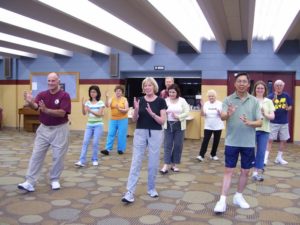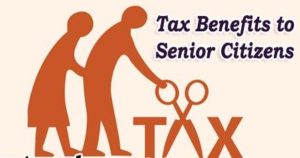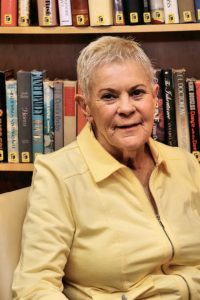by Greg Dill – Medicare’s regional administrator for Arizona, California, Hawaii, Nevada, and the Pacific Territories.
This past holiday season, I found myself in line at the airport counter, waiting to check a bag prior to a flight to visit family and friends. The gentlemen in front of me got frustrated when the customer agent said he had to pay more to check a bag because he hadn’t paid for it online beforehand.
I could relate to his irritation since I’d had a similar experience years ago. But I was late for my plane and hoped the situation would be remedied soon. After talking to a manager and reviewing the terms of the ticket purchase, the man paid the extra fee. The rest of us in line sighed quiet relief as the clock ticked down to our departure times.
The gentleman’s reaction made me think of a Medicare beneficiary I encountered a while back. He’d decided not to enroll in Medicare Part B, which helps pay for doctor fees, outpatient treatment, and preventive-care services, when he was first eligible.
At the time he declined his Part B benefits, he was in good health. He rarely saw a doctor, didn’t take prescription drugs, and never had been admitted to a hospital. Part B carries a monthly premium (about $109 for most people in 2017), and the man didn’t think he should pay for something he didn’t need.
Several years later his health declined and he wanted Part B. He signed up in March but learned that his coverage wouldn’t start until July. And since he waited five years to enroll after he was initially eligible (and didn’t have job-based insurance during that time), he discovered that he’d have to pay a late penalty equal to 50 percent of his monthly premium.
He was very surprised, to say the least. He reached out to Medicare to reduce the penalty, but unfortunately we couldn’t do anything to help. When the beneficiary turned down Part B five years earlier, he signed a document explaining the penalty and the potential for higher costs. He now must pay this surcharge on his Part B premium for as long as he has Part B.
Like private insurance, Medicare spreads its costs across a “pool” of insured people that includes both those who are healthy and those with medical problems. Late-enrollment penalties are meant to ensure that people join the risk pool when they’re healthy, not just when they get sick. Thus, premiums paid by healthy people help offset the costs of those who with illnesses, keeping the program’s overall expenses as low as possible for everyone.
Late-enrollment penalties can add up. Your Part B premium may go up 10 percent for each full 12-month period that you could’ve had Part B but didn’t sign up for it. (You don’t usually pay a late penalty if you defer Part B while you’re covered by employer insurance.)
So please remember: If you don’t sign up for Part B when you’re first eligible, you may have to pay the late penalty for as long as you have Part B.
Late penalties also apply to Medicare Part A, which covers hospitalization. Although the vast majority of people with Medicare don’t pay for Part A, those who do must sign up when they’re first eligible or face a potential penalty.
You can also get hit with a penalty for late enrollment in Medicare Part D, which helps pay for prescription drugs. The way it’s calculated is more complicated than Part B, but this penalty can add up, too. For details, see the 2017 Medicare & You handbook, mailed to every person with Medicare in the fall. It’s also online at https://www.medicare.gov/pubs/pdf/10050-Medicare-and-You.pdf.
Or call us, toll free, any time of day or night, at 1-800-MEDICARE (1-800-633-4227).





